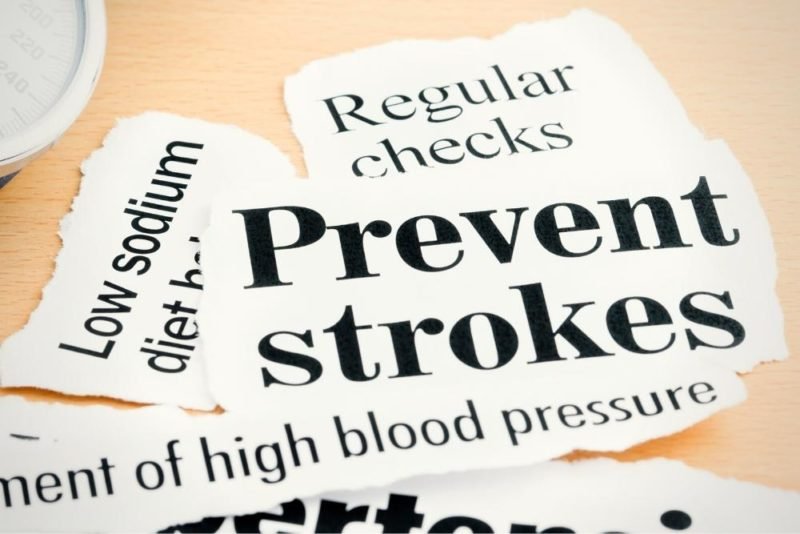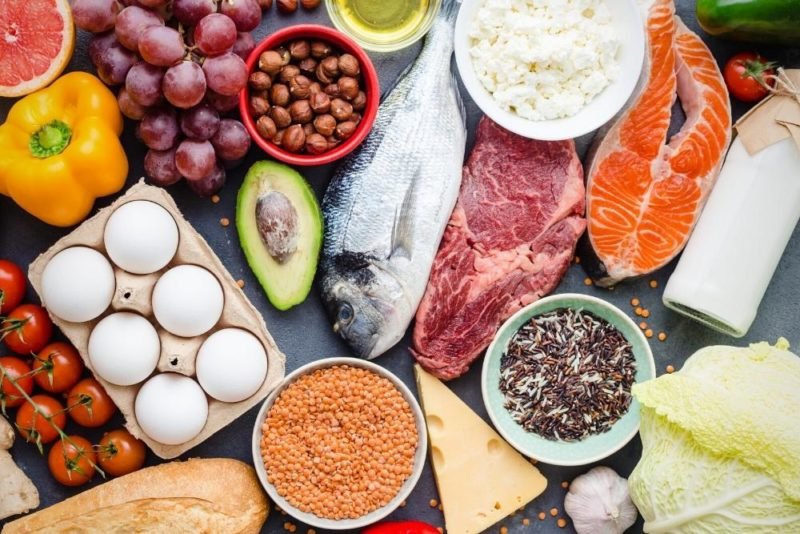A few little secrets about nutrition science
6 min read
I when experienced a customer who subscribed to a ton of wellbeing-nutrition-wellness electronic mail newsletters. She usually found that her mornings would slip, slip, slip away as she fell down the publication rabbit gap. She informed me that she was consistently seeking for that one “secret” to much better well being that her close friends did not know so SHE could be the 1 to bestow this newfound knowledge. Sadly, paying out most mornings browsing for this holy grail obtained in the way of her essentially accomplishing factors that would support her well being and wellbeing, like going for a wander, carrying out yoga or meditating.
(Just after talking about how if a little something “secret” truly labored, it wouldn’t be a top secret, we also agreed that she would unsubscribe from some of those emails.)
I have a master’s diploma in nutrition science, and I am clearheaded on the strengths and weaknesses of this science. For instance, a single regrettable simple fact about nutrition science that receives ignored by media coverage of new reports is that it’s not generally groundbreaking. It is widespread for the worth of investigate conclusions to be exaggerated, not just in push releases place out by the universities or other investigation establishments, but generally in the genuine review abstracts. (The abstract is the summary of the research, the tldr, if you will.)
This is why I not often (Incredibly seldom) cite a study if I can’t get my fingers on the whole text of the study paper and assess it for myself. At the very least a person research analyze has assessed how generally abstracts and push releases failed to accurately represent the comprehensive analysis write-up. What the authors discovered was very pathetic. Component of the problem is that researchers have to have to justify their funding, and if they need to make their conclusions seem much more essential than they are, then they could possibly do just that.

Seeking further than the headlines
I study posts in the mainstream media every one working day that misrepresent the legitimate conclusions of scientific study. (This comes about much more in newspapers and sites, not so significantly in magazines, mainly for the reason that they have lengthier direct times and so are much more very carefully edited.) When you get to blogs and e-mail blasts, it can be even even worse.
Sometimes, it’s the headline which is deceptive, even though the post or publish is truly fairly well balanced. Nonetheless, considering that a lot of men and women just skim headlines, this is nonetheless a dilemma. (Raise your hand if you at times hardly ever make it past the headline or perhaps the to start with paragraph.) This is 1 reason why folks are so baffled about how to try to eat! I have invested a whole lot of time working with the fallout of this misinformation amid my shoppers.
Usually, that fallout qualified prospects not just to confusion, but to taking in from a place of fear and judgment somewhat than from a spot of nurturing and self-treatment. It effects in making food stuff selections based mostly on beliefs and self-critical thoughts about what and how significantly to consume. It more erodes the ability to belief our bodies to inform us what, and how significantly, to consume on a individual working day, or at a certain meal. As I often say to my customers, why and how you try to eat is typically extra crucial than what you consume.

Spoiler inform: there is no magic bullet
If you like to examine nutrition news, be watchful about any story that claims that a single examine changes every little thing we assumed we realized about diet. If a review absolutely contradicts all prior study on a topic, it is feasible that:
- The new research is flawed
- The findings had been uneventful but obtained exaggerated in the push release
- The researchers are on to some thing, but that we’ll have to have a lot more research with similar findings to validate it
That is a single rule about scientific exploration — other scientists should be able to replicate those conclusions. What we know about nutrition does alter about time. That’s the character of the scientific method, as we question issues, seek answers by investigate, then use individuals responses to inquire new concerns. However, this is a gradual, gradual method. Nourishment science does not turn on a dime.
The unsexy truth of the matter about diet is that:
- There’s no one particular appropriate way to try to eat for each and every single individual.
- Cultivating a healthy romantic relationship with foods may be just as important (in some situations a lot more crucial) than the food items itself.
Healing a fraught, regulations-based mostly relationship with food items will allow you to rely on your body’s wisdom and uncover a equilibrium of “nutritious” food stuff and “fun” food items that is suitable for you. And like any partnership, it will take work.
There no magic foods, no magic variety of energy, no magic macronutrient ratio. So why do we retain wasting our time looking for a holy grail alternatively of investing that time in mastering about ourselves and what we definitely will need to experience perfectly?

There’s a particular area in hell for body weight decline research
Oh, really do not even get me started out. Oops…too late. If abstracts and institutional press releases are dodgy on lots of scientific tests that have very little to do with weight reduction, they get positively rotten when fat decline is the subject matter. Come across me a bodyweight loss study that does not commence out with gloom-and-doom statements about the “ob*sity epidemic” and I’ll take in my hat.
In numerous cases, these statements really do not have a quotation to back it up (simply because we all KNOW that currently being fats is the worst thing to ever materialize to overall health [insert eye roll]), but when they do it’s to some other research that is also generating assumptions. Or, at very best, chatting about ASSOCIATIONS amongst fat and wellbeing (and, recall, affiliation can not establish trigger and effect).
It is a research home of cards.
Fatphobia in healthcare…and wellbeing science

Fatphobia in healthcare is a extremely real detail, and it also gets tremendous genuine in nourishment and wellbeing investigate. I read through a lot of study on fat and health and fitness as nicely as on bodyweight stigma, and a couple factors are very clear:
- Scientists have not observed a way to reduce pounds and maintain it off for the very long phrase.
- Scientific tests that assert they’ve created “successful” weight loss end pursuing up with individuals appropriate around the issue the place people today who reduce bodyweight intentionally commence regaining it. (Some of this is logistical, thanks to analyze funding jogging out, but I marvel if often it’s also strategic.)
- Pretty much no scientific studies on fat and health look at the unbiased adverse health and fitness consequences of fat stigma and yo-yo dieting.
- No scientific tests have shown that formerly excess fat people have the identical well being — and the similar danger of demise due to disease — as a fairly equal group of often-thin persons. (This may partly be for the reason that of #1.)
- Experiments that declare to clearly show well being enhancements with a compact amount of bodyweight reduction (anyplace from 3-10% of beginning pounds), gloss about the notion that matters like amplified bodily action and superior meals may well have in point been responsible for noticed health and fitness improvements, not the excess weight decline alone. (The research on the Diabetes Prevention Method, wherever most contributors were being capable to maintain increases in bodily exercise and didn’t shed a lot weight, is a vintage illustration.)
(Don’t just consider my word for it, study Ragen Chastain’s article “Who Suggests Dieting Fails Most Of The Time?” and “The “I Could Come across 15 Studies” Fallacy.” Oh, and “Myths About the Failure Charge of Dieting.” And peruse the rest of the archives of her “Weight and Healthcare” Substack publication. But don’t do it when you would normally be taking treatment of on your own in tangible ways….like going for a wander, doing yoga, or meditating!
Carrie Dennett is a Pacific Northwest-based registered dietitian nutritionist, freelance writer, intuitive feeding on counselor, creator, and speaker. Her superpowers consist of busting nutrition myths and empowering girls to feel superior in their bodies and make food stuff choices that assist pleasure, nutrition and wellness.
 Print This Article
Print This Article





